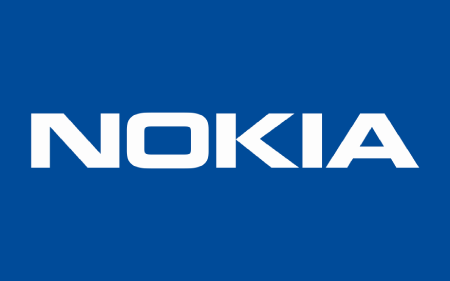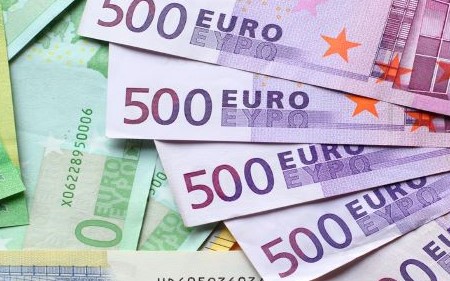Nokia's Beginnings in Europe: The story of a legend
 01 / 04 / 24
Visitors: 682
01 / 04 / 24
Visitors: 682
Nokia, a Finnish multinational technology company, has long held a prominent place in the European technology landscape. From its 19th century beginnings as a pulp mill to its current status as a leading provider of telecoms infrastructure and technology solutions, Nokia has demonstrated resilience, innovation and adaptability in the European market. In this article, we take a look at Nokia's journey in Europe, its contribution to the region's technology sector and its future prospects.
Early days and expansion
Founded in 1865 as a pulp mill in the small town of Nokia, Finland, the company originally produced paper and rubber products. However, it wasn't until the 1980s that Nokia entered the telecommunications industry, initially focusing on mobile phones and later expanding into network infrastructure and software development.
Dominance in mobile phones
In the late 1990s and early 2000s, Nokia became synonymous with mobile phones, dominating the European and global markets with its iconic devices such as the Nokia 3310 and Nokia Communicator. Innovative design, user-friendly interfaces and reliable build quality propelled the company to the forefront of the industry, capturing significant market share in Europe and beyond.
Challenges and transformations
Despite its early success, Nokia faced challenges in the rapidly evolving mobile phone market, especially with the emergence of smartphones based on operating systems such as iOS and Android. The company's inability to adapt quickly to the smartphone revolution led to a decline in market share and profitability, leading to the sale of its handset division to Microsoft in 2014.
Focus on networks and technology solutions
Following the sale of the handset division, Nokia shifted its focus to telecoms infrastructure, networking solutions and software development. Utilising its wireless expertise, Nokia has become a key player in the European 5G rollout, providing the necessary infrastructure and equipment to support next-generation connectivity across the region.
Collaboration and innovation
Nokia continues to collaborate with European partners, governments and research institutes to drive innovation and develop cutting-edge technologies. The company's R&D centres in Europe, including Finland, Germany and France, play a critical role in the development of telecommunications technology, helping to strengthen Europe's position as a leader in the global technology industry.
Future Prospects
As Europe accelerates its digital transformation and embraces new technologies such as 5G, the Internet of Things (IoT) and artificial intelligence (AI), Nokia is well positioned to play a key role in shaping the region's digital future. With a heritage of innovation, a commitment to sustainability and a focus on creating value for its customers, Nokia remains a key player in the European technology ecosystem.
Nokia's journey in Europe reflects its evolution from a humble pulp mill to a global technology powerhouse. Although the company has faced challenges and transitions over the years, its ability to innovate, adapt and collaborate has enabled it to maintain its position as a leader in Europe's technology sector. As Europe continues to embrace digitalisation and connectivity, Nokia is poised to play a central role in driving innovation and shaping the future of technology in the region.
A complete list of unscrupulous brokers, that we do not recommend working with is available here.







